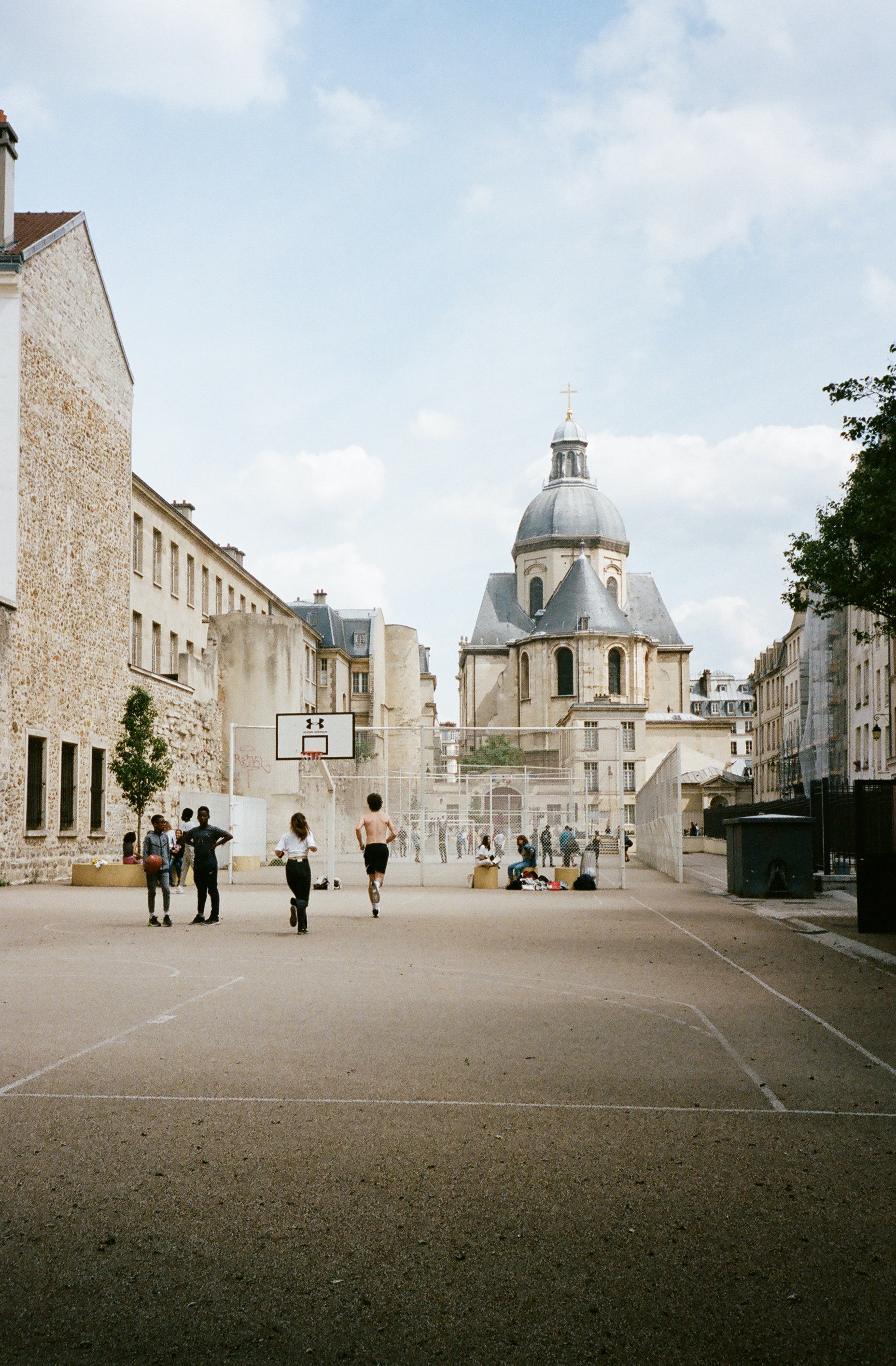
Seeds
Spaces for Educational Success
Educational buildings and mobility emit large share of green gas in France. Their governance therefore offers an important lever to the State in order engage in a sustainable transition of the territory. But how can one balance the planning of educational infrastructure and the individual aspirations of fifteen million students?
During its first year of existence, the research project “Espaces pour l’école de la réussite” (EPER) focused on the methodological foundations for a sustainable planning of educational infrastructure that would be compatible with the academic aspirations and capabilities of students.
To this end, we combined the data analysis of six million middle—and high school students currently registered in Metropolitan France, and semi-directive interviews of students and parents in the Grand Est region.
Our results showed that the distance between home and schools did not have a significative effect on students’ grades, but that their academic and professional aspirations remained strongly bonded to the type of urban context in which they lived and studied.
In confronting these two realities, EPER offers some ground for the planning of a more sustainable territory in a better-educated society.